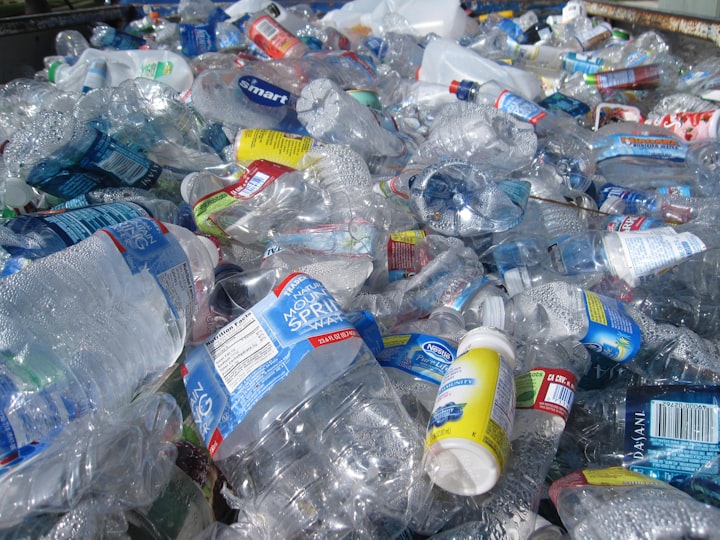Are Tesla's Good for the Environment?
The Environmental Benefits and Challenges of Owning a Tesla

Electric vehicles have been touted as one of the solutions to reducing carbon emissions and mitigating climate change. Tesla, a leading electric vehicle manufacturer, is widely recognized for its contributions to the electrification of transportation. However, the environmental impact of Tesla's cars is not as straightforward as it may seem.
On one hand, Tesla's electric cars produce no tailpipe emissions, which can significantly reduce greenhouse gas emissions and improve air quality. Additionally, the cars are more energy-efficient than traditional cars, meaning that they require less energy to operate and have a lower carbon footprint.
However, the environmental benefits of Tesla's cars depend on several factors. The source of the electricity used to charge the cars' batteries is a crucial consideration. If the electricity comes from coal-fired power plants or other non-renewable sources, the environmental benefits of the cars may be reduced. However, if the electricity comes from renewable sources like solar or wind power, the cars' environmental benefits are greatly increased.
Another environmental challenge associated with Tesla's cars is the production process. While the cars themselves may have a lower carbon footprint than traditional cars, the production of electric vehicles requires a significant amount of energy and resources. For example, the production of the batteries used in Tesla's cars requires a significant amount of energy and resources, including the mining of metals like lithium and cobalt. Additionally, the disposal of the batteries at the end of their lifecycle can also have environmental impacts if not handled properly.
One of the main materials used in the production of batteries for electric vehicles is cobalt. Cobalt is primarily mined in the Democratic Republic of Congo, where mining practices have been associated with environmental damage and human rights abuses. The mining of cobalt has also been linked to child labor and forced labor, with some estimates suggesting that up to 20% of cobalt production involves such practices. This highlights the need for companies like Tesla to ensure that their supply chains are free of human rights abuses and environmental damage. Tesla has taken steps to address these concerns, including a pledge to only use cobalt from sources that meet their environmental and human rights standards. Additionally, Tesla has developed new battery technology that reduces the amount of cobalt required in their batteries, which can help reduce the demand for cobalt and its associated environmental and social impacts.
Despite these challenges, Tesla has been working to improve the environmental sustainability of its cars and production processes. The company has made significant investments in renewable energy solutions, including the development of solar panels and energy storage systems. Additionally, Tesla has implemented sustainable manufacturing practices in its factories, including the use of renewable energy and the recycling of materials.
Tesla's focus on sustainability is also reflected in its decision to produce electric cars, which have the potential to greatly reduce greenhouse gas emissions and improve air quality. Moreover, electric cars can also help reduce dependence on fossil fuels, which has significant environmental and geopolitical implications.
Tesla is also working to improve battery technology to reduce the environmental impact of producing the batteries. The company has announced plans to build a new factory in Texas that will produce batteries using a new manufacturing process that is more efficient and environmentally friendly.
However, it's worth noting that Tesla is not the only electric vehicle manufacturer, and there are other companies that are also working towards reducing the environmental impact of their cars. For example, General Motors has announced its plans to make its entire fleet electric by 2035. Moreover, many countries have set targets for phasing out the sale of gas-powered cars, which will encourage the development and adoption of electric vehicles.
In conclusion, Tesla's electric cars have the potential to significantly reduce greenhouse gas emissions and improve air quality. However, the environmental benefits of these cars depend on several factors, including the source of the electricity used to charge them and the production and disposal of the batteries used in the cars. By investing in sustainable energy solutions and improving production processes, Tesla can further reduce its environmental impact and promote a more sustainable future.
About the Creator
Walter Hines
I'm Walter Hines, a lifelong writer. Writing is my passion. It's how I express myself and connect with others. I'm always learning and pushing my boundaries, and I'm passionate about the power of words to connect, inspire, and change lives.





Comments
There are no comments for this story
Be the first to respond and start the conversation.